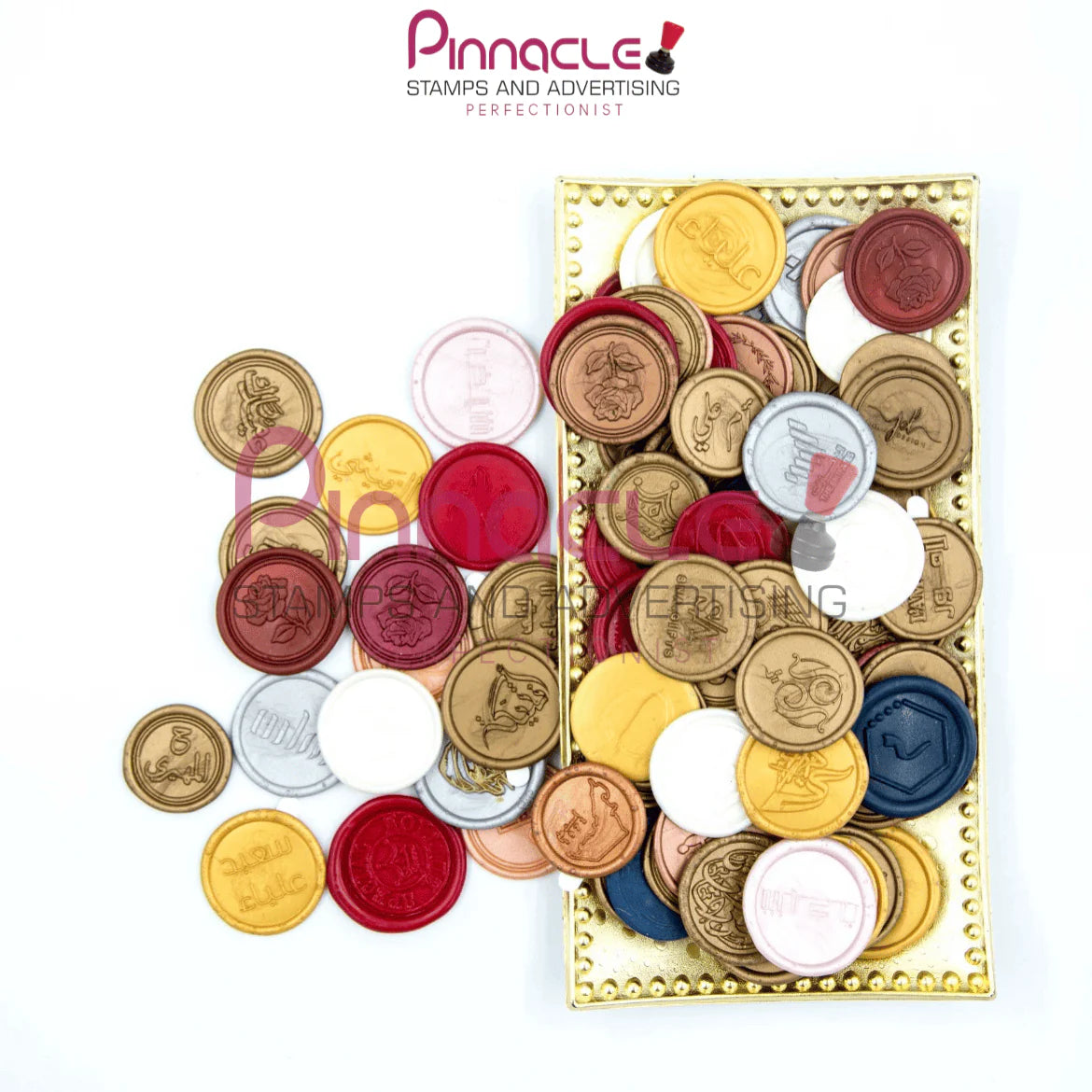Understanding the Importance of Wax Stamps in UAE Law

In a world where digital signatures and electronic seals dominate legal transactions, one might wonder about the continued relevance of traditional wax seals. Yet, in the United Arab Emirates (UAE), these ancient symbols of authenticity hold a profound importance in the realm of law and governance. Understanding the significance of wax stamps in UAE law reveals a cultural reverence for tradition, a commitment to security, and a bridge between past and present legal practices.
Preserving Tradition: The Cultural Legacy of Wax Stamps
The use of wax seals in legal documents traces back centuries, with roots in ancient Mesopotamia and Egypt. Throughout history, wax seals served as a symbol of authority and authenticity, ensuring the integrity and validity of important documents. In the UAE, where tradition is deeply intertwined with contemporary life, the practice of using wax stamps in legal matters remains steadfast.
For Emiratis, wax stamps represent more than just a means of authentication; they are tangible links to their cultural heritage and ancestral traditions. By preserving the use of wax stamps in legal proceedings, the UAE pays homage to its rich history and reaffirms its commitment to upholding time-honored customs in the modern era.
Ensuring Security: The Role of Wax Stamps in Authentication
In a digital age plagued by concerns over data security and authenticity, wax stamps offer a tangible solution to the challenge of verifying the legitimacy of legal documents. Unlike digital signatures, which can be susceptible to hacking and forgery, wax seals provide a physical barrier against tampering and fraud.
When a document is sealed with wax, it creates a unique impression that is virtually impossible to replicate without detection. This ensures that legal agreements, contracts, and official decrees remain secure and unaltered, bolstering confidence in the integrity of the UAE's legal system.
Facilitating Formality: Wax Stamps as Symbols of Authority
In addition to their practical function as security measures, wax stamps serve as symbols of authority and official endorsement in UAE law. Government agencies, judicial bodies, and notarial offices frequently use wax seals to authenticate documents and confer legal validity.
The presence of a wax stamp on a document carries with it the weight of institutional authority, signifying that the contents therein have been vetted and approved by a recognized legal entity. This imbues the document with a sense of formality and gravitas, reinforcing its importance in legal proceedings.
Bridging Past and Present: Wax Stamps in a Digital Landscape
While the UAE embraces modernity and technological advancement, the continued use of wax stamps in legal contexts reflects a harmonious coexistence between tradition and progress. Rather than viewing wax seals as relics of a bygone era, Emirati society integrates them seamlessly into contemporary legal practices, bridging the gap between past and present.
In this sense, wax stamps serve as a unifying force, connecting the UAE's rich cultural heritage with its aspirations for the future. By embracing both tradition and innovation, the UAE demonstrates its ability to adapt and evolve while remaining rooted in its core values and traditions.
Conclusion: Honoring Tradition, Ensuring Security
In conclusion, the importance of wax stamps in UAE law transcends their practical function as authentication tools. These ancient symbols of authenticity serve as custodians of tradition, guardians of security, and emblems of authority in a rapidly changing legal landscape.
As the UAE continues to navigate the complexities of the modern world, wax stamps provide a reassuring anchor, reminding citizens and officials alike of the enduring value of tradition and the steadfastness of the country's legal institutions. In a world where digital signatures may come and go, wax seals endure as timeless symbols of trust, integrity, and cultural heritage in the United Arab Emirates.





